From career breakthroughs to professional milestones, explore how David Peterson made an impact.
David Robert Peterson is a Canadian lawyer and former politician, most notably serving as the 20th Premier of Ontario from 1985 to 1990. His premiership marked the end of a long period of Conservative rule in Ontario, as he was the first Liberal premier in 42 years. He is notable for ending the 'Tory dynasty' in the province.
1944: Establishment of C.M. Peterson Co. Ltd
In 1944, Clarence Peterson established a wholesale electronics business called C.M. Peterson Co. Ltd.
1955: Clarence Peterson runs in Ontario general election
In 1955, Clarence Peterson ran as the Ontario Liberal Party candidate in the Ontario general election in London North, losing to John Robarts.
1963: Clarence Peterson runs as a federal Liberal candidate
In 1963, Clarence Peterson ran as a federal Liberal candidate in London.
1969: Called to the Bar
In 1969, David Peterson was called to the bar.
1975: Elected as MPP for London Centre
In 1975, David Peterson was elected as the Liberal Member of Provincial Parliament (MPP) for London Centre.
January 25, 1976: Leadership bid
On January 25, 1976, David Peterson campaigned for the leadership of the Liberal Party following Robert Nixon's resignation, narrowly losing to Stuart Smith.
1977: Re-elected in Provincial Election
In 1977, David Peterson was re-elected in the provincial election.
1981: Re-elected in Provincial Election
In 1981, David Peterson was re-elected in the provincial election.
1981: Party Debt Payoff
In 1981, David Peterson worked to pay off the party's debt from the 1981 election.
February 21, 1982: Won Liberal Leadership
On February 21, 1982, David Peterson won the Liberal leadership on the second ballot, defeating Sheila Copps with 55% of the vote. He then aimed to move the party to the 'vibrant middle, the radical centre'.
1982: Runs for Liberal leadership again
In 1982, David Peterson ran again for the Liberal leadership after Smith resigned.
June 18, 1985: Defeat of Miller's Government
On June 18, 1985, Miller's government was defeated by the Liberals and NDP when Bob Rae introduced a motion of no confidence.
1985: Became Premier of Ontario
In 1985, David Peterson became the 20th Premier of Ontario, marking the first Liberal officeholder in 42 years.
1985: Election and Minority Government
In 1985, David Peterson's Liberals won a narrow plurality of the popular vote, resulting in a minority government with 48 seats.
1985: Liberal party as a challenger
In 1985, Peterson's Liberal party was regarded as a challenger.
1987: Electoral victory and criticism
After a massive electoral victory in 1987, Peterson's Liberal party faced criticism from media and special interest groups, including teachers' unions and environmental groups, due to high expectations and perceived lack of strong opposition from PC and NDP parties. Protests against Peterson occurred throughout the campaign.
1987: Majority Government Win
In 1987, after the expiration of the Liberal-NDP Accord, the Liberals won the second-largest majority government in Ontario's history, taking 95 seats out of 130.
1988: Opposition to Free Trade
In 1988, Peterson was a vocal opponent of free trade with the United States.
1989: Fiscal Prudence
In 1989, the Liberal government of Ontario, under the management of Treasurer Robert Nixon, demonstrated fiscal prudence.
September 6, 1990: NDP victory and Peterson's defeat
On September 6, 1990, the NDP achieved a significant victory, securing 74 seats. Peterson lost his seat to NDP candidate Marion Boyd in London Centre. The Liberal caucus was decimated, and Peterson resigned as Liberal leader.
1990: End of Premiership
In 1990, David Peterson's term as the 20th Premier of Ontario came to an end.
1990: Balanced Budget Introduced
In 1990, the Liberal government was able to introduce a balanced budget for 1989–1990, following several years of deficit spending.
1991: Director at Rogers Communications
Since 1991, Peterson has been a director at Rogers Communications.
2003: Chief negotiator for federal government
In 2003, Peterson was contracted by the federal government to be its chief negotiator in talks with the government of the Northwest Territories and aboriginal leaders to transfer federal powers over lands and resources.
May 2005: Stronach defection to the Liberal Party
In May 2005, Peterson played a crucial role in persuading Belinda Stronach, a federal Conservative MP, to cross the floor to the ruling Liberal Party. Her defection was critical to the survival of Paul Martin's government.
July 1, 2006: Chancellor of the University of Toronto
On July 1, 2006, Peterson served as Chancellor of the University of Toronto.
2006: Board of Shoppers Drug Mart
In 2006, Peterson was named to the board of Shoppers Drug Mart at the time of the firm's acquisition by Loblaws.
2006: Support for Michael Ignatieff
In 2006, after Martin resigned, Peterson planned to support Frank McKenna but backed Michael Ignatieff instead, criticizing Bob Rae's entry into the race due to Rae's record as premier.
June 30, 2012: End of term as Chancellor
On June 30, 2012, Peterson's second term as Chancellor of the University of Toronto ended.
September 2013: Chair of Toronto 2015 Pan American Games
In September 2013, Peterson was appointed chair of the Toronto 2015 Pan American Games Organizing Committee.
May 26, 2020: NordStar Capital's proposal to acquire TorStar
On May 26, 2020, NordStar Capital, including Peterson, announced a proposal to acquire TorStar Corporation for C$52-million.
August 2020: Acquisition of TorStar approved
By early August 2020, the bid to acquire TorStar was improved to $60 million and was approved by courts and shareholders.
Mentioned in this timeline
The United States of America is a federal republic located...
Canada is North America's northernmost country stretching from the Atlantic...

Stars are giant balls of plasma held together by their...
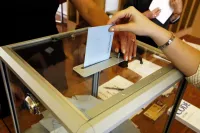
An election is a structured decision-making process where a population...
Toronto is Canada's largest city and the capital of Ontario...
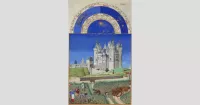
September is the ninth month of the year in the...
Trending
49 minutes ago Marlee Matlin's career, Winkler's support, and deaf representation at Tribeca Film Festival.

50 minutes ago Emma Watson swaps acting for rowing, joining Oxford University's rowing team.
50 minutes ago NYC Mayoral Race: Brad Lander Gains Momentum with Key Endorsements
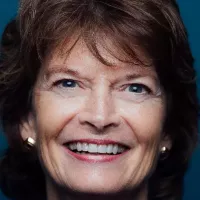
50 minutes ago Murkowski warns of legislative danger; DHS challenges Warren; Senator handcuffing raises concerns.
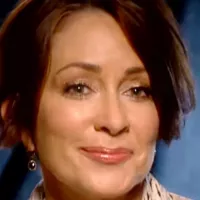
50 minutes ago Patricia Heaton, 67, embraces gray hair, shares life lessons, and discusses sitcom reboots.
2 hours ago Carlo Acutis, Teenager, to Become First Millennial Saint, Canonization Set September 7
Popular
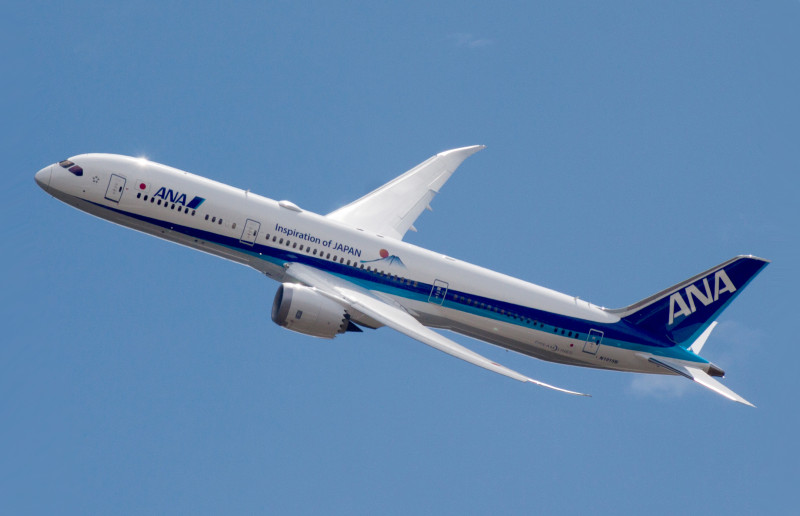
The Boeing Dreamliner is an American wide-body airliner developed by...

Greta Thunberg is a Swedish climate activist who gained international...

Thomas Douglas Homan is an American law enforcement officer and...

Cristiano Ronaldo often called CR is a Portuguese professional footballer...
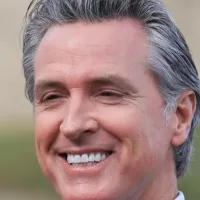
Gavin Newsom is an American politician and businessman currently serving...

Playboi Carti born Jordan Terrell Carter is an American rapper...